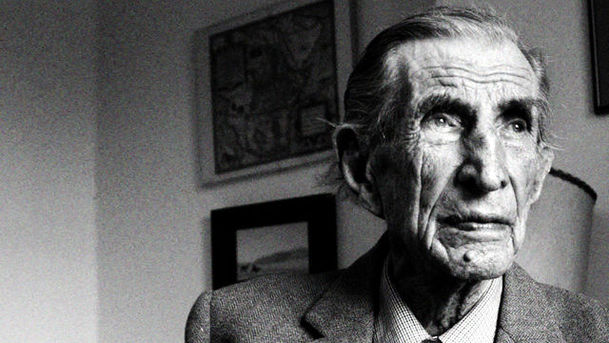Thesiger At 100

This year is the centenary of photographer and traveller Wilfred Thesiger, whose 38000 photographs of Africa and the Arabian Peninsula are celebrated in a new exhibition at Oxford's Pitt Rivers Museum. BBC Security correspondent Frank Gardner, who was encouraged by Thesiger to learn Arabic, looks back on his fascinating life and reflects how it is through Thesiger's work that we currently have such an understanding of the North African and Arab world. Thesiger lived among the marsh Arabs of southern Iraq, and he also became famous for crossing the Rub' al Khali, the "Empty Quarter" of Saudi Arabia, surviving on less than a pint of water a day. Gardner talks to Christopher Morton of the Pitt Rivers about Thesiger's work, and what it reveals of past ways of life, and he also speaks to the curator of the exhibition, Philip N Grover about ways of interpreting the graphic imagery of the photographs. Thesiger's biographer Alexander Maitland tells the story of his wartime service with the SAS and SOE, and explorer Benedict Allen assesses the importance of Thesiger's travels and writing. Despite Thesiger's keen appreciation of desert peoples and their way of life, he hated modern society. The only modern invention he valued was the camera. We hear his voice in historic broadcasts from the 1940s and 50s, his elegant prose recalling his travels in what is now a lost age. Producer: Alyn Shipton A Unique production for BBC Radio 4.